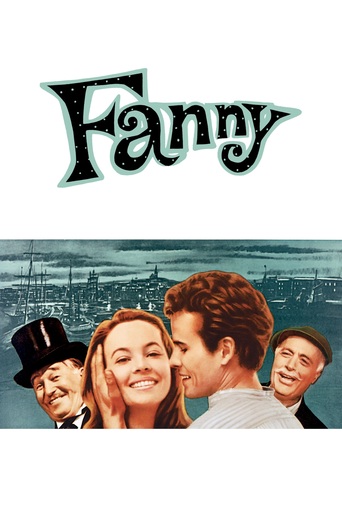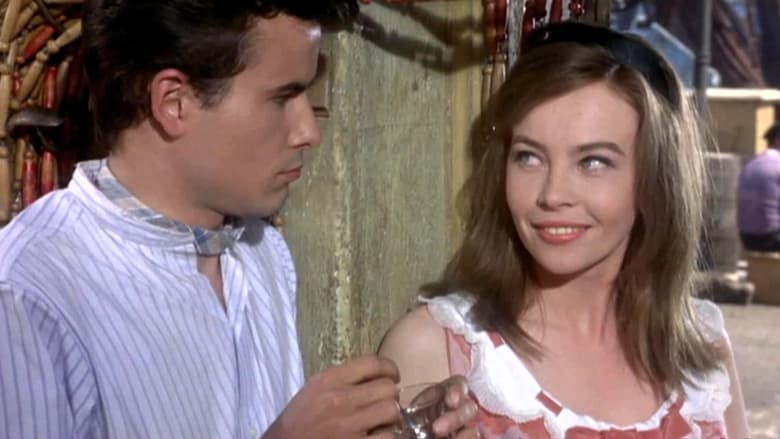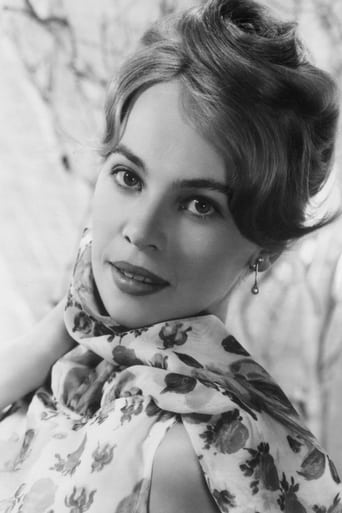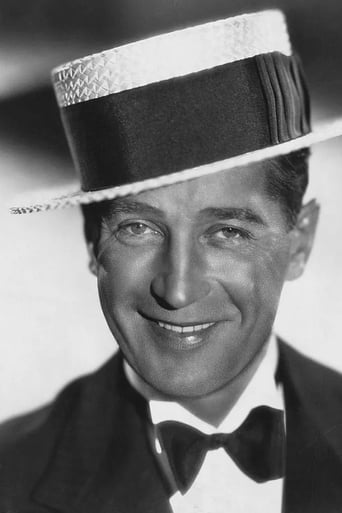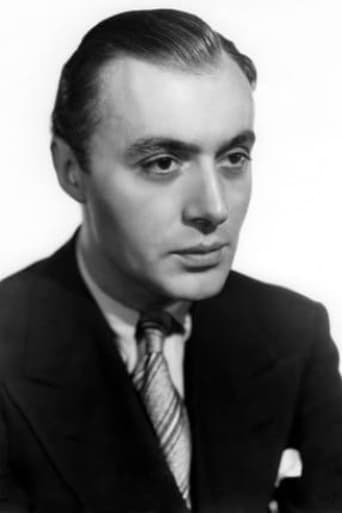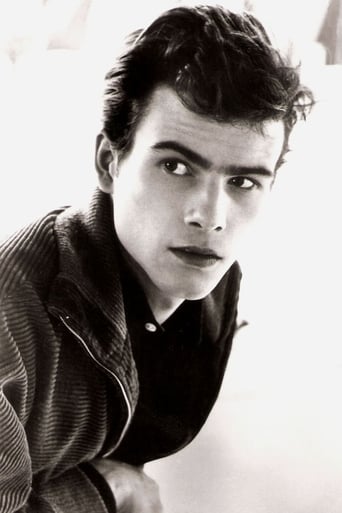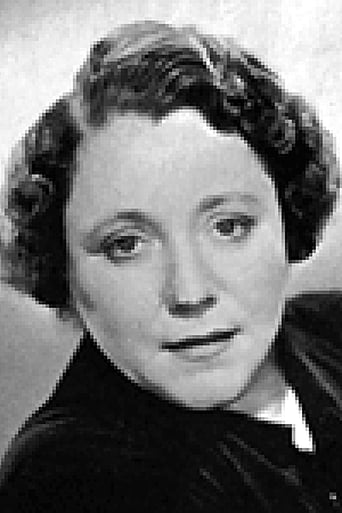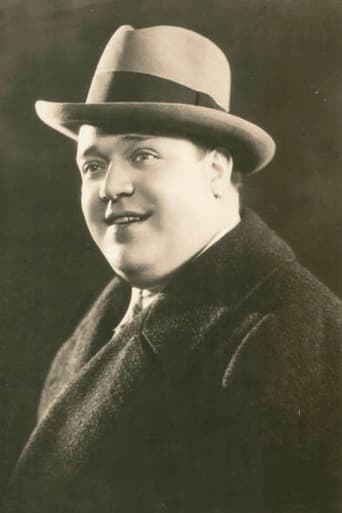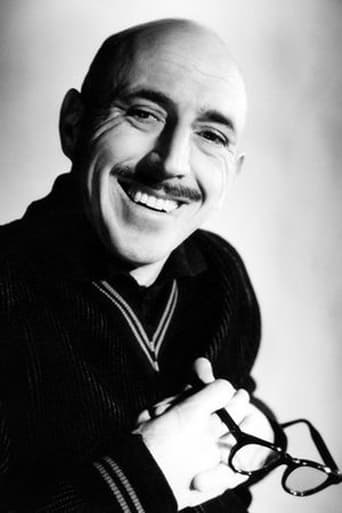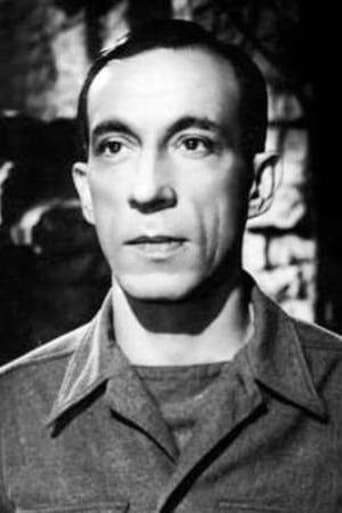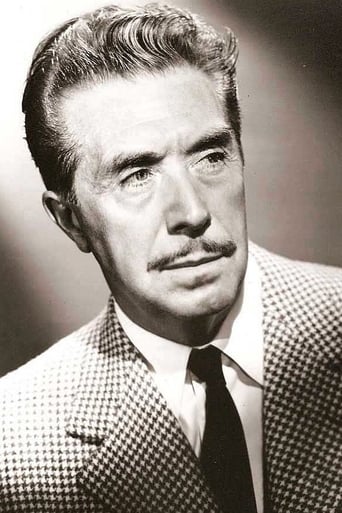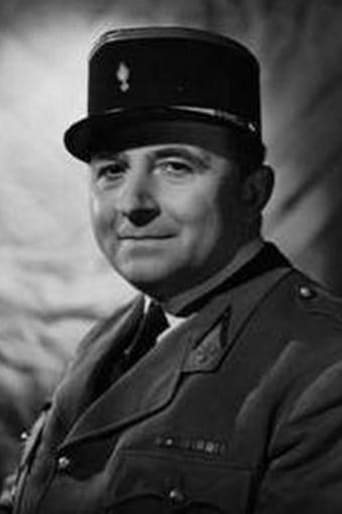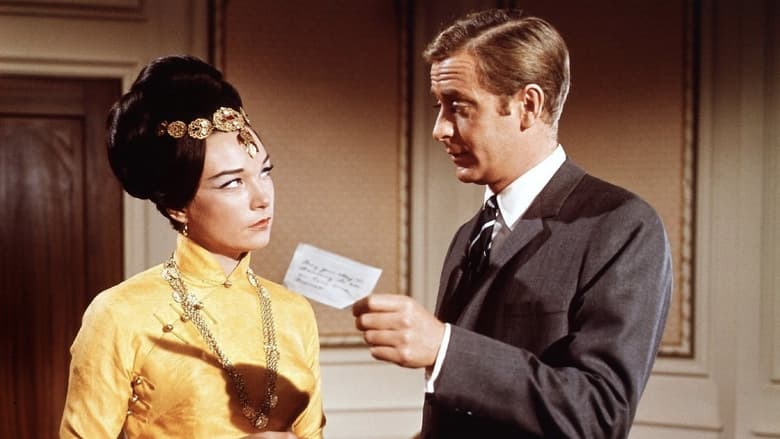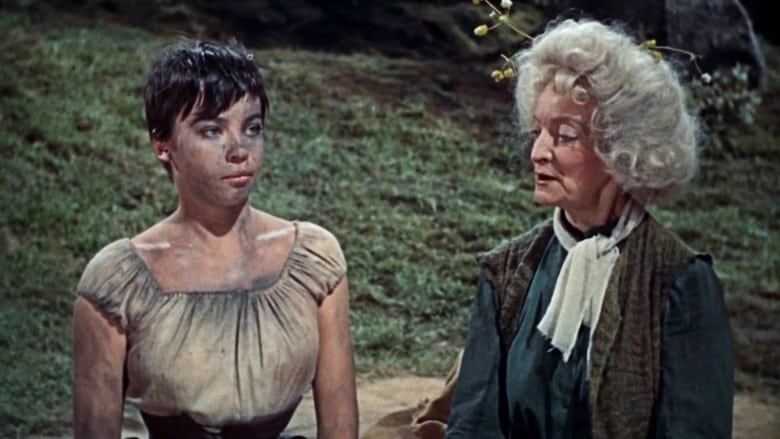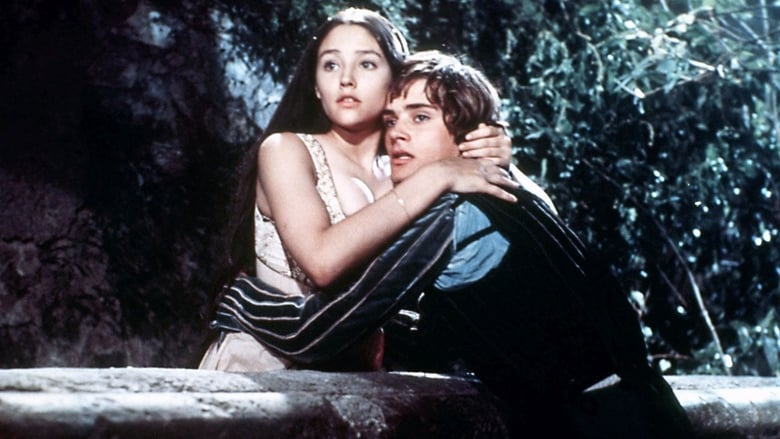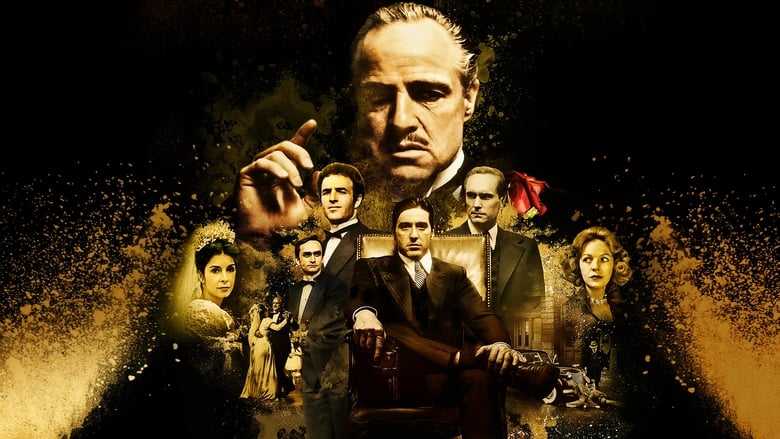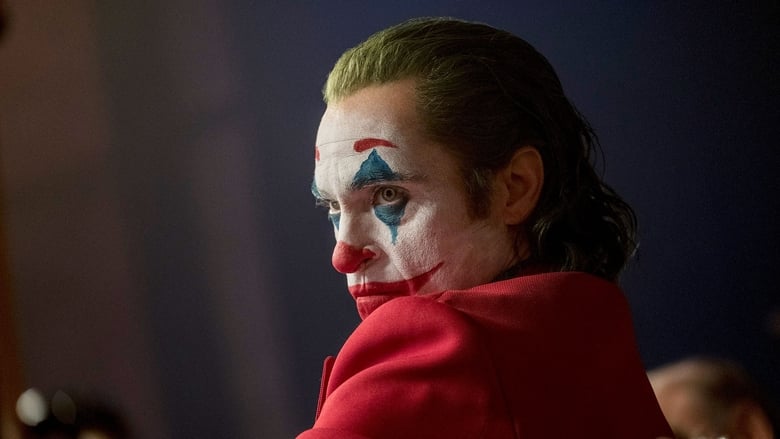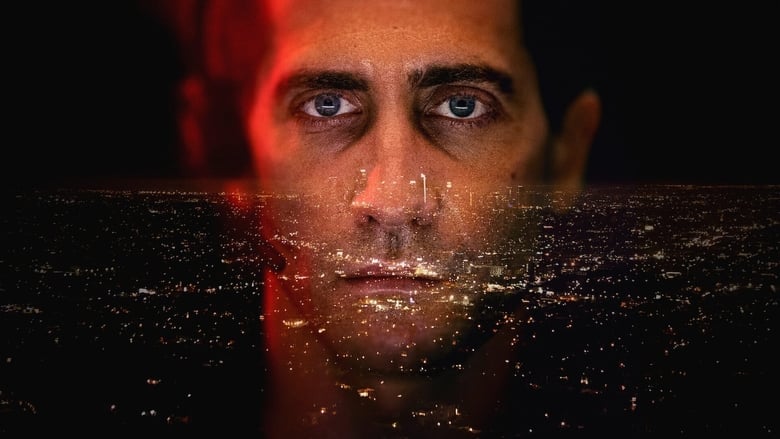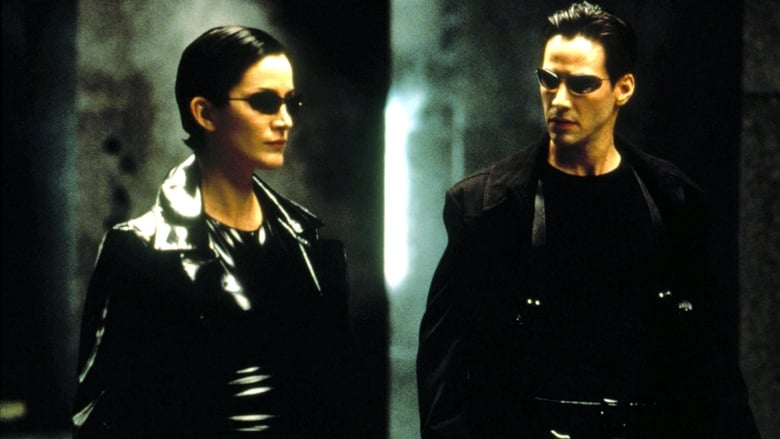Almost 19-year-old Marius feels himself in a rut in Marseille, his life planned for him by his cafe'-owning father, and he longs for the sea. The night before he is to leave on a 5-year voyage, Fanny, a girl he grew up with, reveals that she is in love with him, and he discovers that he is in love with her. He must choose between an exciting life at sea, and a boring life with the woman he loves. And Fanny must choose between keeping the man she loves, and letting him live the life he seems to want.


Similar titles
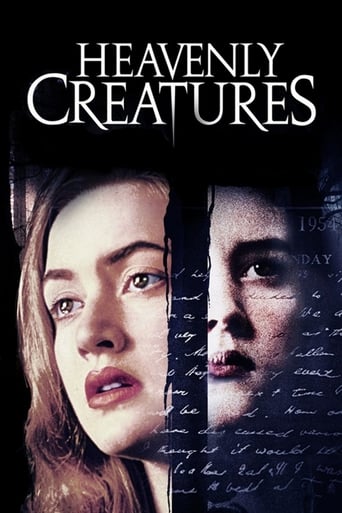
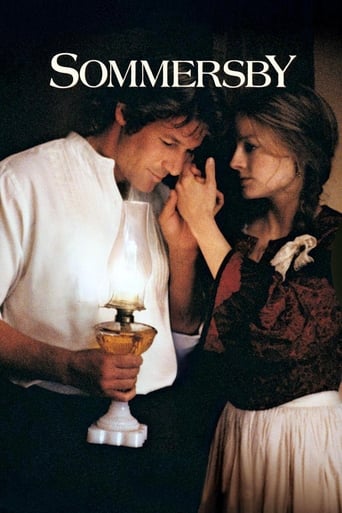
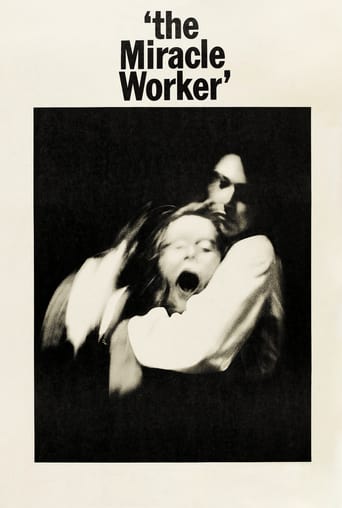

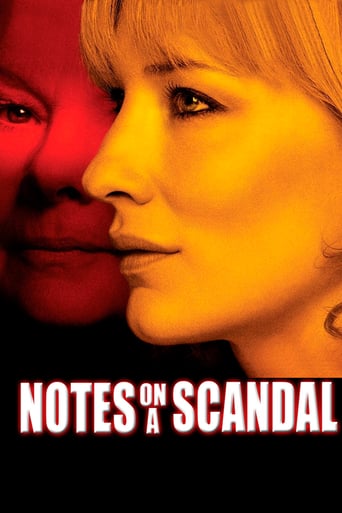

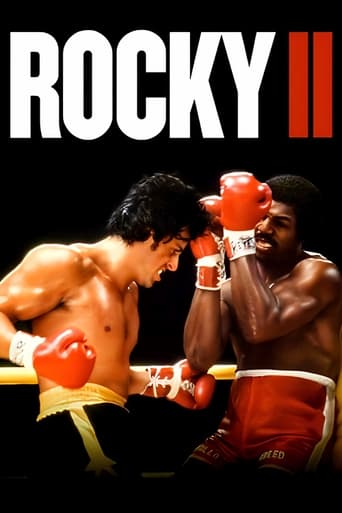
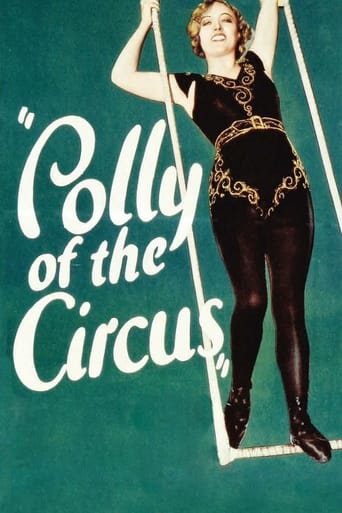
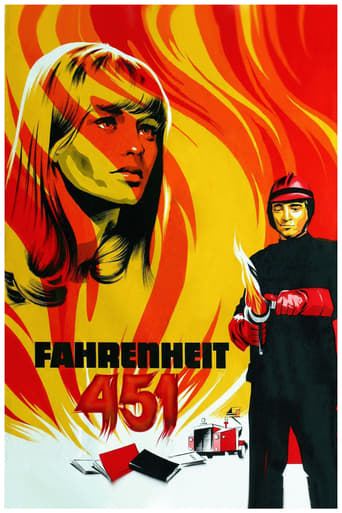

Reviews
I won't play the "movie purist" card and pretend that it's not possible to remake Marcel Pagnol's "Marseilles" trilogy, it IS possible. But it's not possible to replace an actor like Raimu, he wasn't just César the gruff and wise barkeeper on Marseilles' waterfront, he was the soul of Marseilles' trilogy, he was the voice, the spirit and the star. So, it's as hard imagining the trilogy without him than "Casablanca" without Bogart. Yet Raimu died before the final opus "César" was made into a play, and Pagnol's three-part story had such an immediate international resonance that it was begging for remakes and adaptations and that it inspired a successful Broadway musical is a credit to the universality of the story. So the show had to go on.But no one can replace Raimu, and in fact, even the other players, Orane Demazis who played the fragile but progressively confident Fanny, Fernand Charpin who played the brave bourgeois Panisse, not to mention Pierre Fresnay as the bitter and tormented Marius were all hard to replace, so one must make the distinction between remaking and retelling. This is what Joshua Logan's "Fanny" does, it reprises the Broadway musical but adapts it into the movie format, compacting the three original movies into one of two hours and ten minutes. The film is colored and colorful, magnificently rendering the sunny soul of Marseilles, and the blueness look even more attractive and hypnotic for Marius whose childhood dream is to escape from the banality of life. He's the freest character of the trilogy, but not the wisest.Wisdom belongs to César, the barkeeper, and the film tactfully starts with a replay of the famous scene where he shows his son Marius that it takes one third of four different ingredients to make some cocktail. There can't be four thirds, Marius says. It depends on the size of the thirds, retorts César. This scene demonstrates the power of this character, even when he speaks nonsense, he's actually right because he always makes his point. He's the touchstone of a saga of French intonations but that deals with universal life themes such as duty, gender roles and social customs, making almost a hero out of an old man marrying a young woman because he's saving her from disgrace and gives a poor out-of-wedlock child a name. Marseilles' trilogy belongs to the past but that doesn't prevent from rooting for Marius' dreams, Fanny's unfaithful thoughts and Panisse's financial arguments when he woos Fanny, César is actually the most transparent of all, no wonder he's the pillar of the story.Now, it all comes down to one question: does Joshua Logan's "Fanny" do justice to the original trilogy? It is a matter of opinion and depends on the way you look at the original trilogy. If it's a verbal masterpiece with great insightful quotes about life and death, such as "honor being like a match, you only use it once" or "an empty chair can be sadder than a grave" then yes, "Fanny" of 1961 is a great tribute to Pagnol's eloquence and capability to translate with the right words the emotional complexities of human psyche. Now, if you forever associate the film to the spectacular performance of Raimu, these intimate moments caught in black-and-white, with a few tear-pulling revelations, volcanic tirades and histrionic confrontations, you might find in "Fanny" a pale imitation. But for the film's defense, I don't think anyone ever tried to imitate an actor, one of the film's masterstrokes was to cast French actors, it's twice an excellent idea, they're all aware of the trilogy's reputation and their accent give the film's French touch.Charles Boyer was believable as a man who'd embody César's psychological traits without being Raimu's César, Leslie Caron added her own dimension of tragic melancholy and even Maurice Chevalier was surprisingly poignant as the unsung hero Panisse. I could even have seen him nominated instead of Boyer. Horst Bucholz was good as Marius, with a sort of Montgomery Clift's fire burning in his dark eyes, and like a good cocktail, Joshua Logan doesn't take the initial trilogy for granted, he changed the balance and gave Fanny and Panisse get the most important roles, maybe only Raimu could have made a passive observer like César such a driving force. But "Fanny" is structured in such a way that the actions sometimes count more than the little introspective moments, even though they spiced up the original trilogy.So maybe that's the one flaw I'd concede to "Fanny", it puts a lot of good things together but it lacks that little zest that made the first trilogy such a tasty cocktail. And while it provides some powerful emotional moments, the conclusion is treated in a rather rushed away, with a ten-year old boy and a new house in the countryside. I don't know what inspired these artistic licenses, but it sadly took away the film from the atmosphere and the spirit it had set up, there's a sort of change in the air that feels awkward and make hardly believable that so many secrets, revelations, pains and troubles would be relieved in one day, ten minutes in cinematic language, and while I was critical of Césariot's character in the original film, the child doesn't exactly exude realistic vibes and his immediate complicity with Marius was sadly corny."Fanny" doesn't shine right away but there are like two hours of the film that work and despite a clumsy beginning and awkward ending, it doesn't ruin the enjoyment for all that, I'd still recommend watching the original first. In fact, I'd recommend the original, period.
I have seen four of Joshua Logan's films, South Pacific which I liked despite its flaws(for example colour filtering), Camelot which I had mixed feelings about(loved the songs and production values, didn't much like the pace and singing), Paint Your Wagon which I didn't really like(the story as well as the singing let it down) and this, Fanny-more drama- which I thoroughly enjoyed.1961's Fanny is not completely perfect, it is perhaps overlong and a tad too leisurely. And while the story is admittedly creaky, it does have plenty of charming and poignant moments to make up for it.On the other hand, Fanny does have wonderful production values, consisting of luscious photography, beautifully constructed scenery and sets and gorgeous costumes. Another high point is the music, the background scoring is just amazing. My favourite song from the Broadway musical itself is Welcome Home, which is a masterpiece of a song with a poignant melody and poetic lyrics. It was a song I fell in love with after hearing Sherrill Milnes sing it in the late 80s. While Milnes was past prime there his voice even after his vocal health problems was in good shape singing this and he looked so thoughtful on stage too; it sounded so rich and noble, closing your eyes you would think it was early 70s rather than late 80s.Anyway back to the film, the screenplay is infectious and funny as well as having a great deal of charm and poignancy, and Joshua Logan's direction is less studio-bound and smug than I have known it to be, in fact film wise this is his best and most consistent directing job. The acting is great. Leslie Caron is very beguiling, and while Charles Boyer is very good, Maurice Chevalier and especially Horst Buchholz are wonderful.All in all, a very nice film and my personal favourite so far of Logan's films. 8/10 Bethany Cox
There is something about Leslie Caron. I was an instant fan when I saw her older movies, and I remained a fan with her newer movies. She is best known for her sweetness and her dancing, but mostly overlooked is that she is a fine dramatic and comedic actress also.Here Leslie Caron is Fanny, still a teenager as the movie begins, even though she was almost 30 during filming. She lives in a close-knit fishing area on the Marseilles harbor. Also there is Horst Buchholz, in his late 20s during filming, as teenager Marius. They grew up together and there is some affection between them, but we don't really know how much. Maurice Chevalier, already in his 70s, is local raconteur Panisse who operates his small business. A widower, he has no children, but has saved the letters "& SON" for the front of the building, still hoping one day he will have a son. He is sweet on Fanny, in spite of their great age difference, but no one takes that too seriously.Marius has wanderlust for the sea, he wants to sail and see the world while he is young. |Fanny doesn't want him to go, but she cares for him and wants him to be happy, so encourages him. Much later we find out she didn't really want him to go. They have a one-night fling of passion and, after Marius is gone, Fanny finds out she is with child. To save face for everyone, Fanny decides to marry Panisse, and even though all the close friends realize the biological father is Marius, Panisse is proud to call the boy his son. Fanny is a faithful wife, although we eventually find out their marriage is only one of convenience. A fine 1960s romantic drama with several big stars of that period. Highly recommended. Watched on Netflix streaming movies.SPOILERS: Around the time the boy turned 1 Marius returned to the area. He had a brief encounter with Fanny, they both professed love for each other but did the right thing and afterwards stayed away from each other. Fanny, Panisse, and their son became a very nice family life together. When the boy was about 10 or so Marius re-entered the picture, Panisse realized how much he and Fanny loved each other, and how well the boy got along with Marius, he had a letter of "proposal" written, for Marius to marry Fanny when Panisse died, which appeared to be very soon.
This story of a young Frenchman, Marius, who makes an anguished decision to pursue his personal passion for sailing the open seas at the expense of foregoing the love of the beautiful Fanny (Leslie Caron) would have played well as a straight drama, but it is undermined by scenes hardly worthy of a situation comedy. This is unfortunate since there are quality actors on board and some truly dramatic scenes.Consider the game that the older folks play while sitting outside Marius' father's bar. They set out a large rock and cover it with a hat and wait for passersby to kick it. For one thing I don't think it is a normal reaction to want to kick a hat that is sitting alone on a busy sidewalk. Secondly, serious injury could result if someone were so inclined to kick it. The poor priest who took the bait is seen limping off after his experience - I felt sorry for him and irritated with the perpetrators who found this so humorous. It is astonishing how many things are wrong with that scene, but the main problem is that it sets an inappropriate tone for what is to come. This low tone is continued in the scene where the seventy-year-old Maurice Chevallier puts the moves on the young Caron provoking a melodramatic response of jealousy in Marius - that scene indeed could come right out of a situation comedy, as could so many others. In spite of the significant themes that are to come we get the feeling that nothing serious is really going on here.We very quickly arrive at the crucial scene where Marius decides to sign on to a seagoing scientific ship for a five year tour. This just after he and Fanny have consummated their love on the previous night. This key scene is poorly motivated - we have little appreciation for Marius' passion for the sea and a minimal understanding of the relationship between Marius and Fanny. There might as well just have been a voice-over saying that Marius loved both the sea and Fanny.There are many plot inconsistencies. In one of the final scenes Marius is called on an emergency mission while at work as a grease monkey. He arrives dressed in a suit.Meaningful themes are dealt with such as the relationships between parents and children, conflicting desires, difficult decisions, pragmatism versus passion, friendship, failure to communicate, and sacrifice. Great material whose potential is only occasionally realized.The filming is quite beautiful. There is one scene that lingers in the mind that has the young lovers embracing in an alleyway lighted by an amber street-lamp. The Marseille setting is used to great effect and probably has accounted for some increased tourism.Leslie Caron alone makes this worth the time and it *is* fun to see Charles Boyer and Maurice Chevalier play off each other. Horst Bucholz was a handsome young man - quite a shock to see him thirty-six years later in "Life is Beautiful." No one escapes the effects of aging.
